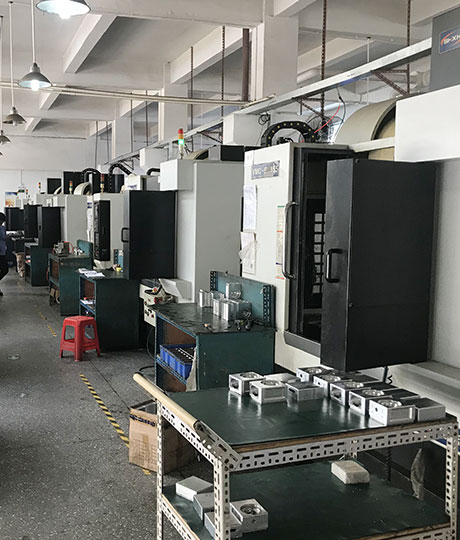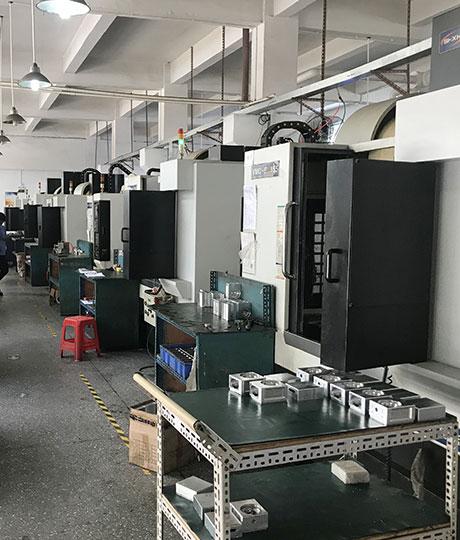After they finished writing their report, the auditors praised our quality management system, describing it as "best practices" and "an example of the industry."
If this describes your current situation, you have a well-developed quality management system in place, and audits have become a routine part of your company's business operations as a result. However, manufacturers frequently complain about the time-consuming and stressful nature of the process of planning and hosting audits, despite the fact that audits are generally considered a positive experience. Just a few of the requirements include things like accurate documentation, up-to-date processes, collaboration among employees, and compliance with applicable industry standards and regulations.
In the event that an Container Loading Supervision is not successfully completed, significant financial penalties may be imposed. For large-scale events, on the other hand, it is possible that a portion of your organization will be inactive for an extended period of time.
Although it is critical to strive for higher-quality results on a continuous basis, Pre-Shipment Inspection is also critical to foster a culture of continuous improvement.
Whatever the extent of an audit's thoroughness, the goal is to evaluate and validate quality management practices while also encouraging continuous improvement and enhancement. Product, process, and supplier quality, as well as environmental and social preparedness, are just a few of the factors that these professionals can look at and evaluate. Successful audits require a significant amount of team effort, and failure to do so has a negative impact on the reputation of the quality teams that are involved in conducting them.

It is necessary to identify and correct system flaws in order for a system to function properly. This is accomplished through auditing. Whatever the statistical significance of the conclusions, the information is useful for future improvements. Several approaches can be used to prepare for audits, each of which has its own advantages and disadvantages. Throughout this article, we'll go over seven tips for conducting audits with the least amount of stress while also achieving the highest possible level of production performance.
If you carefully follow these seven suggestions, it is possible to pass audits and even receive positive feedback on your work.
Quality must always come first and take precedence over all other considerations. Processes that produce truly high-quality products must be thoroughly understood, carefully controlled and thoroughly measured – something that is impossible to achieve when quality teams are divided into silos of responsibility. The establishment of a high standard of quality as an organizational goal will increase profits while also ensuring that the organization complies with auditing standards and government regulations and regulations. You must first design and implement a quality management system (QMS) before you can proceed. It will be necessary to create accurate and comprehensive documentation for any audit, regardless of the type of Initial Production Check that is being conducted, in order to be successful. The ability to maintain complete control over their operations at all times may be a challenge for manufacturers who have a diverse range of products and a large number of suppliers to deal with. Even in the face of technological advancements, the vast majority of manufacturing facilities continue to rely on antiquated systems and gray, old-school filing cabinets to keep track of their records.
Implementing a Quality Management System (QMS) can help to alleviate the frustration that results from documentation that is fragmented and disorganized in some way. QMS stands for Quality Management System. A quality management system that provides clear overviews and comprehensive quality assurance reports will enable you to maintain a better grasp on the overall quality of the product through its implementation. It is hoped that they will assist in the prevention of common quality issues in future years and the implementation of appropriate auditing procedures in the current year.
A comprehensive Initial Production Check trail must be maintained for every action taken by manufacturers, ensuring that their data is always up to date, transparent, and easily traceable. As a result, you will be able to monitor processes more effectively than you previously could, track changes more effectively, and identify deviations more quickly than you previously could.
Take steps to ensure that all members of the organization are aware of critical information. Ensure that all members of the organization are aware of critical informationEven if you have a large amount of data and it is well organized, it will be worthless if it is not easily accessible to those who require it. The increased accessibility of data will, among other things, aid in the promotion of quality as an enterprise-wide initiative, in addition to improving communication and decreasing response times to nonconformities.
Using out-of-date systems and implementing insufficient quality policies exposes organizations to the risk of human error and other risks, which must be mitigated to the greatest extent possible. The structure of the organization, employee training, and employee motivation are all critical factors in not only achieving Initial Production Check compliance, but also in increasing overall efficiency within the organization, according to the authors.
Product consistency in effectiveness, high quality, and meeting or exceeding the standards that have been established throughout the course of an Initial Production Check are all things that auditors look for as part of their evaluation process. Manufacturers who want to ensure that their processes continue to improve on a continuous basis must strive to achieve Initial Production Check success on a regular basis in order to maintain their competitive advantage. Maintaining a focus on continuous improvement, whether through waste reduction, time management, metrics monitoring or any other method of your choosing, is critical.
The strict adherence to and compliance with applicable regulations at all times is required of all manufacturing companies, regardless of their size or location, whether they are mandated to do so by law, industry directives, or the demands of their customers and suppliers. It is determined whether or not organizations are operating in accordance with the standards under consideration during the course of audits.
Following the discussion in this episode of AlisQI, it is suggested that the use of technology can help to reduce the burden associated with auditing and compliance procedures.
It is possible that the user-friendly quality management system (QMS) provided by AlisQI will be of great assistance during audits. In the long run, being able to use a sophisticated, automated system to analyze data, detect deviations from specifications, and send out alerts when even the smallest changes in quality occur will provide a significant competitive advantage for your company. That their engagement is so high is due to the platform's efforts to achieve omnipresence while also allowing them to communicate clearly with one another and share information with one another through the platform. Because data can be transformed into insights, it is much easier to identify areas for improvement, ensure compliance, and ensure long-term dependability when working with a system that has this capability.

